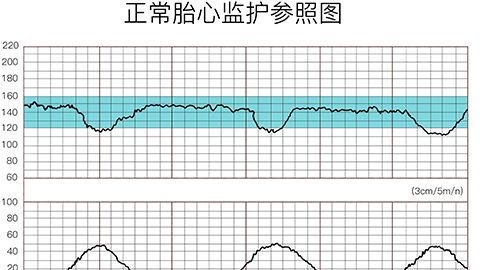What does TOCO mean in fetal heart rate monitoring?
Generally, the TOCO in fetal heart rate monitoring refers to the waveform line representing uterine contraction pressure during fetal heart rate monitoring. The detailed explanation is as follows:

Fetal heart rate monitoring with TOCO is one of the important methods for assessing the progress of labor and the condition of the fetus. During normal pregnancy, the uterus occasionally experiences mild contractions, which are usually painless and referred to as false contractions. Before labor begins, contractions gradually become regular and increase in intensity. The TOCO values recorded by the fetal monitor can help distinguish between different types of contractions. If the contraction pressure is too high, lasts too long, or occurs too frequently, it may affect the blood supply to the fetus and lead to fetal distress. Conversely, weak contractions may prolong labor. During fetal heart rate monitoring, healthcare providers comprehensively evaluate the well-being of the fetus in utero by combining multiple indicators, including fetal heart rate and uterine contraction pressure.
Pregnant women should arrange rest time reasonably, as excessive fatigue may trigger abnormal contractions. Standing for long periods, lifting heavy objects, and similar activities may increase pressure on the uterus and induce contractions. These situations should be avoided as much as possible to maintain a stable uterine environment during pregnancy, which is beneficial for normal fetal development.




